Reducing Greenhouse Gas Emissions
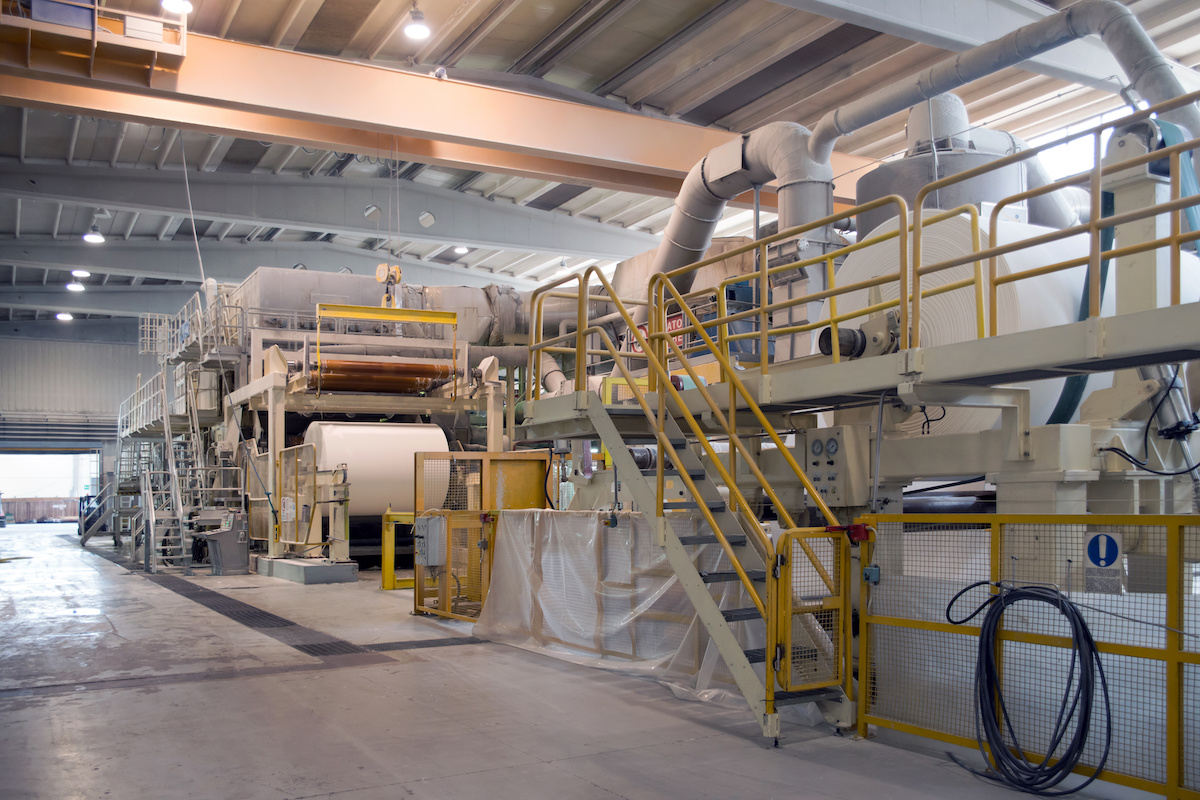
The forest products industry was among the first to take voluntary action to reduce greenhouse gas emissions. On average, about 2/3 of the energy used at paper and wood products mills comes from biomass.
Related Blog
Understanding the Carbon Footprint of Paper Products
Forests and the products made from them offset more than 13% of all annual U.S. carbon dioxide emissions each year. And the industry is taking steps to reduce emissions in manufacturing.

Innovation Spotlight
Tissue With Environment
in Mind
Georgia-Pacific's Quilted Northern brand saves 30% more water and uses 30% less energy by using innovative technology to squeeze more water from tissue paper before drying.
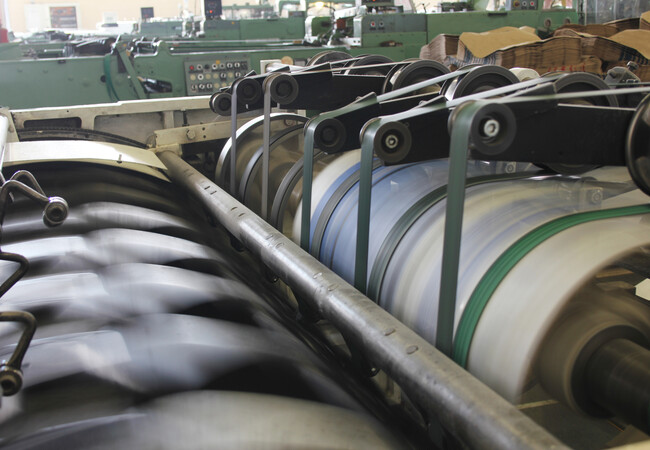
Improving Energy Efficiency
In 2020, members purchased energy decreased by 13.3%. Investments to upgrade manufacturing energy efficiency and use of biomass as a renewable energy source helped members surpass this goal.

Improving Water Use
Water is an essential part of the pulp and papermaking process. AF&PA members are constantly striving to find new ways to reduce and reuse. Between 2005 and 2020, AF&PA members reduced water use by 8.3%.
Paper and wood products help keep lands forested, store carbon, are biodegradable, and support our nation’s recycling system.
Sustainable Forestry

Sustainably managed forests provide environmental, economic and social benefits. They capture carbon from the atmosphere and provide fiber for products Americans rely on every day.
Related Blog
How the Paper Industry Champions Sustainable Forestry
Most working forests in the U.S. are on private land. These are owned by individuals, families, small and large businesses. Many of these forests have been in families for generations.
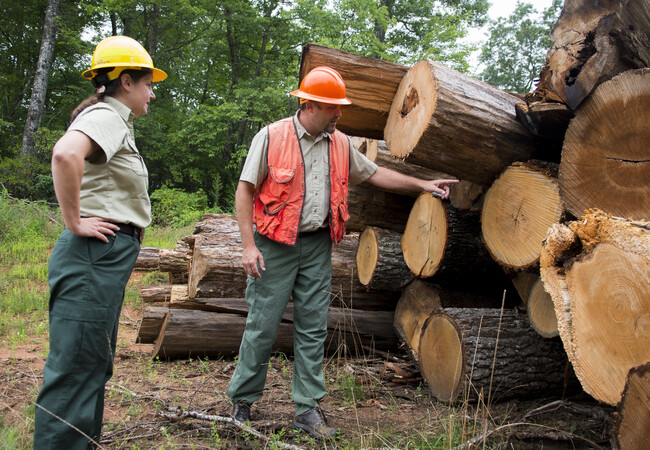
Innovation Spotlight
Family Forests – The Key to Certified Success
Through major investments in regional programs, Pactiv Evergreen is reducing barriers and increasing access for small landowners to participate in forest certification programs.
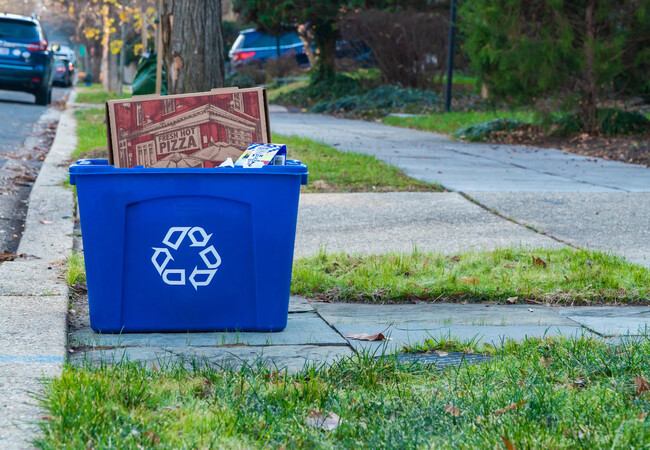
Increasing Paper Recycling
Paper recycling rates in the U.S. have consistently increased in recent decades. About 80% of U.S. paper mills use some recycled paper fiber to make renewable products.
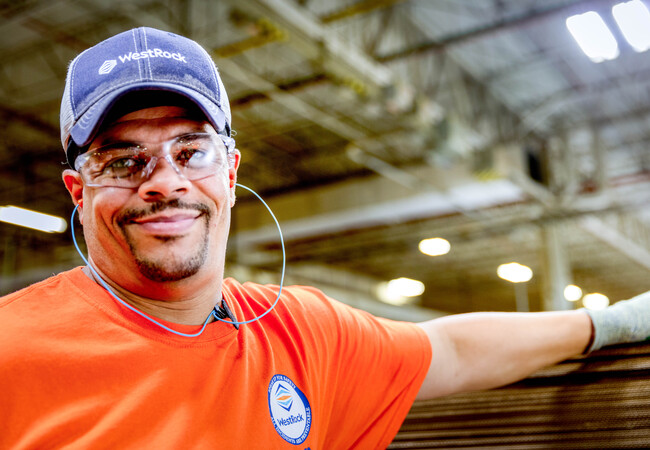
Improving Worker Safety
Safety excellence is a top priority for AF&PA and our member companies. In 2020, member company recordable incidence rate was 30% lower than the 2006 baseline.
Photo Credits: Domtar and Smurfit Westrock

